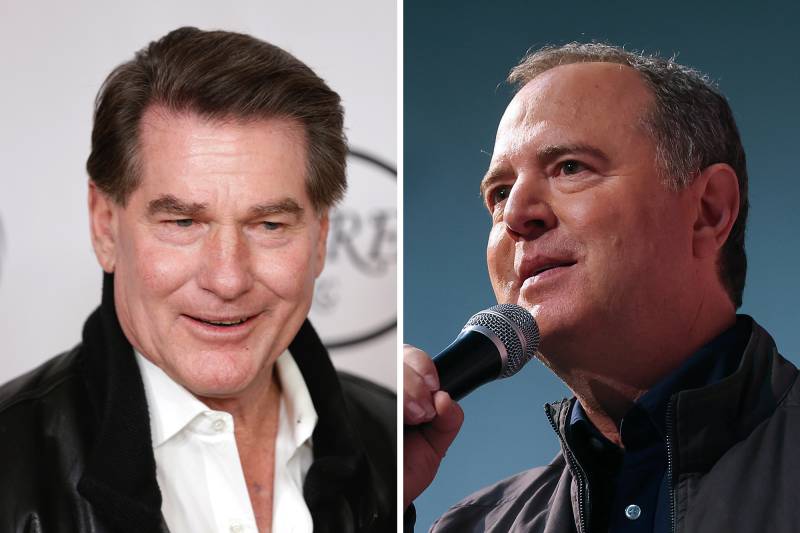Democratic Rep. Adam Schiff of Burbank will face Republican Steve Garvey, a former baseball star, in the November general election to decide who will represent California in the U.S. Senate, after the two men edged out Democratic Reps. Katie Porter of Orange County and Barbara Lee of Oakland.
The matchup, in an overwhelmingly Democratic state where a Republican hasn’t won a statewide contest since 2006, is a huge win for Schiff, who ran ads propping up Garvey in the hopes of avoiding a runoff with another Democrat.
The Associated Press called the race just after 9 p.m., an hour after polls closed Tuesday night, with Schiff decisively leading the pack and Garvey in second place, holding a commanding lead over Porter.
Lee, who raised significantly less money than her opponents and had consistently trailed in the polls, was in a distant fourth place.
“This is the least surprising outcome of any race I think this year,” said Gil Duran, a journalist and political commentator. “And now, although some of our friends maybe in TV have to pretend like there’s a race this year, it’s pretty much over. We all know that. That’s why Schiff pushed to have Garvey in the race with him. There’s no way a Republican can win.”

